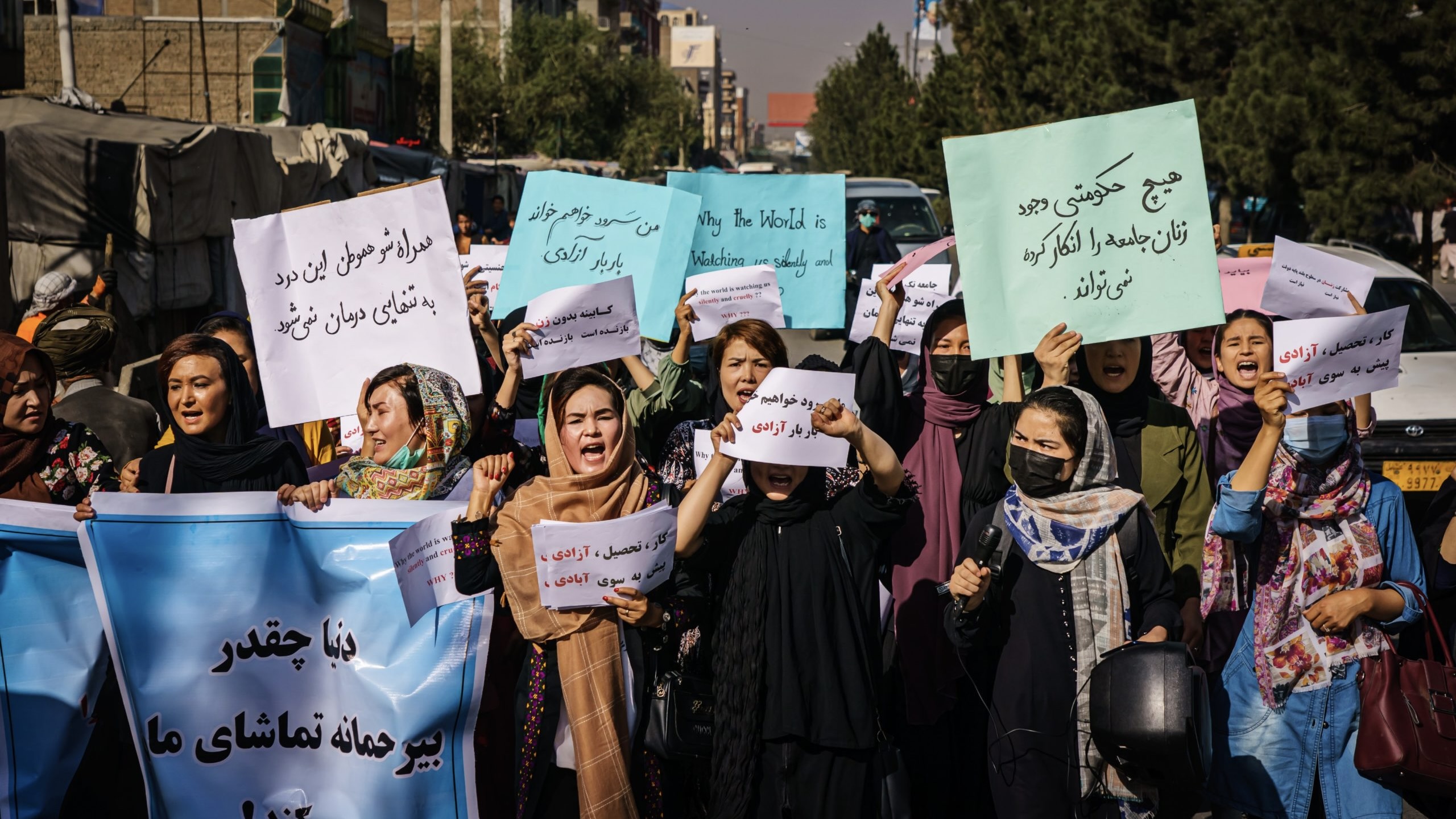The security situation in Afghanistan has marginally improved following the takeover of power by the Taliban, however, extremist groups have continued targeted attacks against ethnic and minority groups, causing at least 2,106 casualties. 700 of these were recorded between August 2021 to June 2022.
According to the United Nations Assistance Mission in Afghanistan (UNAMA), “88 women and 441 children were among the casualties” that were reported. In its report titled Human Rights in Afghanistan, the UNAMA attributed these attacks to the armed group Islamic State in Iraq and the Levant – Khorasan, that predominantly carried out its attacks using improvised explosive devices. The group used soft targets like public parks, mosques, schools and public transportation, the report added.
The atmosphere of impunity with which members of the de facto authorities appear to have carried out human rights violations is deeply concerning & shld have no place in #Afghanistan. De facto authorities must investigate, & perpetrators held accountable. https://t.co/o4rcmtIbpW
— UNAMA News (@UNAMAnews) July 20, 2022
The Taliban is still struggling to find global recognition even after 10 months of its rule amid an uncertain socio-economic and political future. While it has been trying to assure the international community and has offered amnesty to its opponents, the report indicated that during the period between August 15 to June 15, as many as “160 extrajudicial killings were carried out, of which 178 were arbitrary arrests and detentions.”
As per findings of the report, the Taliban authorities are accused of carrying out human rights violations in the form of torture, ill-treatment, incommunicado detentions, and extrajudicial killings. The report claims that such cases “were reported in almost all parts of the country affecting wide range of individuals affiliated with former Ashraf Ghani-led government.”
While the de facto authorities have taken some steps aimed at improving the human rights situation, the report documents a range of human rights violations — arbitrary arrests, detentions, torture, excessive use of force & extrajudicial killings.
Report: https://t.co/o4rcmtIbpW pic.twitter.com/Gjqa10Efi7— UNAMA News (@UNAMAnews) July 20, 2022
The UNAMA report also found that persons accused of having affiliations with armed groups were subjected to torture and ill-treatment. The 53-page report said that “at least 59 extrajudicial killings, 22 arbitrary arrests and 7 incidents of torture” were carried out by the authorities.
Soon after the takeover by Taliban in August last year, the impact on media groups, activists and human rights defenders has been immense. At least six journalists have been killed by armed groups since then. The UNAMA recorded rights violations by the authorities against over 163 journalists. “Among these were 122 instances of arbitrary arrest and detention, 58 instances of ill-treatment, 33 instances of threats and intimidation and 12 instances of incommunicado detention,” the report said.
Likewise, the situation is challenging for activists and rights defenders.
The economic crisis triggered by the US-imposed sanctions has created immense humanitarian issues like acute poverty, malnutrition, diseases, and lack of access to drinking water. At least 20 million Afghans are facing acute hunger, according to UN estimates. The situation has been exacerbated by the economic sanctions and suspension of non-humanitarian flow. According to the UN report, the living standards of Afghans have fallen drastically.
Western-centric media outlets have largely overlooked the devastating impact of the US-backed sanctions on the suffering on women and girls in Afghanistan. “The relegation of women and girls to the home denies Afghanistan the benefit of the significant contributions they have to offer,” according to the UN envoy.
The Taliban’s imposition of dress code restrictions on women and girls education, a suffocated economy, and lack of opportunity is increasing the desperation of people, particularly women, which has led to increased cases of suicides and mental health issues.
Yet, the pleas by UN rights experts to unfreeze the Afghan assets have been ignored. The US State Department spokesperson even denied that women in Afghanistan were facing hardships due to the US sanctions and instead claimed that the UN report on the issue contained serious mistakes.
UN: 2106 civilian casualties in #Afghanistan between 15 Aug 2021 & 15 Jun 2022.
700 killed, 1406 wounded mainly due to targeted attacks by ISIL-KP against ethnic & religious minorities in public spaces incl. schools & places of worship.
Full report: https://t.co/o4rcmtIbpW pic.twitter.com/PvcYZbsspY
— UNAMA News (@UNAMAnews) July 20, 2022





